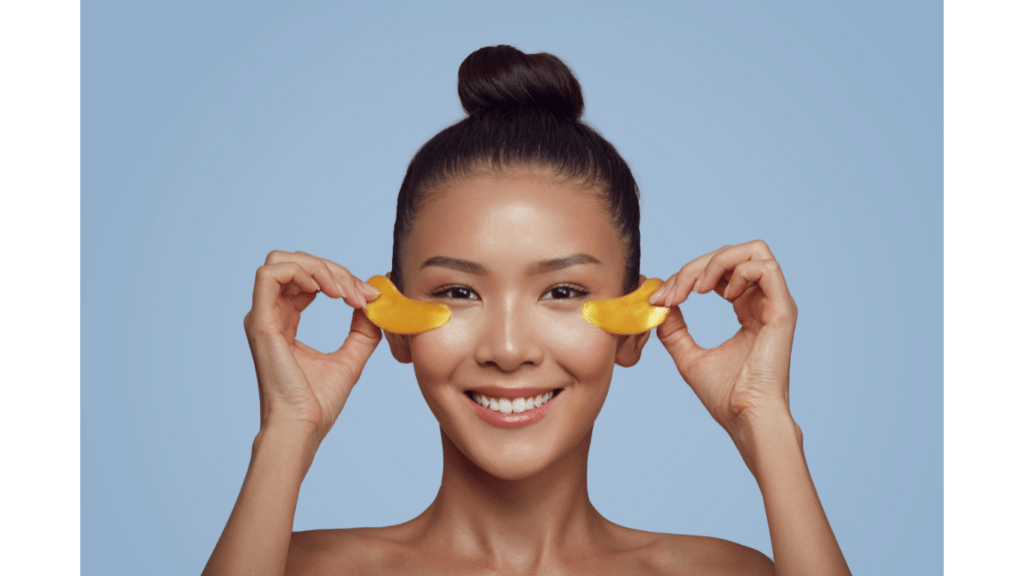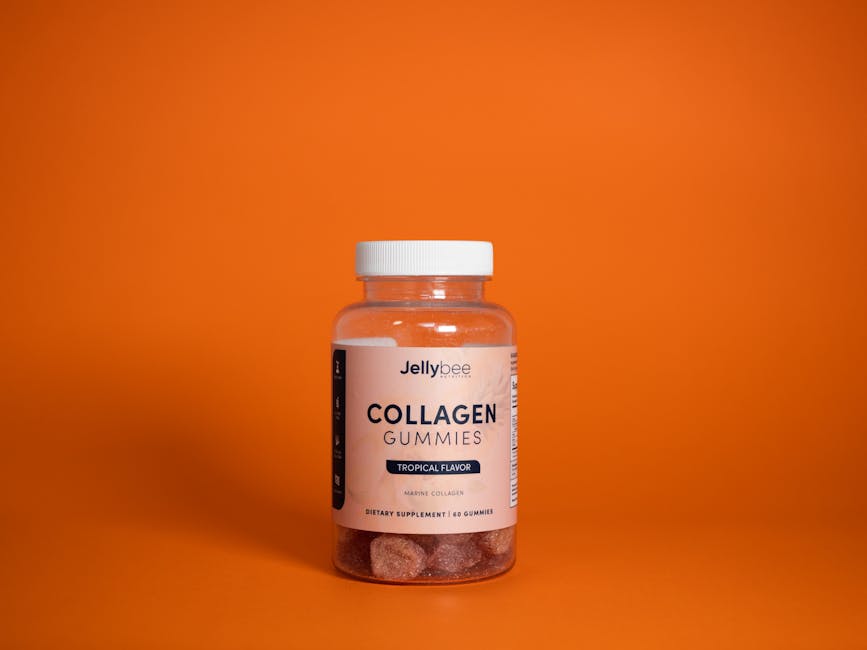The Rise of Clean Beauty
Understanding Clean Beauty
Clean beauty is more than just a trend; it’s a movement towards healthier and more sustainable beauty practices. It focuses on using natural ingredients that are safe for both our bodies and the environment. Clean beauty products avoid harmful chemicals such as parabens, sulfates, phthalates, and synthetic fragrances. By opting for clean beauty, consumers support brands that prioritize transparency, ethical sourcing, and eco-friendly packaging.
Key Ingredients in Clean Beauty Products
Clean beauty products are formulated with a focus on natural, plant-based ingredients that are beneficial for the skin. Examples include hydrating hyaluronic acid, soothing aloe vera, nourishing coconut oil, and antioxidant-rich green tea extract. These ingredients provide effective skincare benefits without the need for harsh chemicals. Choosing clean beauty products ensures that you’re nourishing your skin with the goodness of nature while minimizing your environmental footprint.
Sustainability in the Beauty Industry
- In the beauty industry, sustainability plays a crucial role in shaping consumer choices and brand practices. I’ll delve into how sustainability influences various aspects of the beauty sector, from packaging to sourcing and manufacturing practices.
The Impact of Packaging on the Environment
- When it comes to sustainability in beauty, packaging is a key concern. Excessive packaging and non-recyclable materials contribute to environmental waste. Brands that adopt eco-friendly packaging solutions, such as recyclable materials, biodegradable options, and minimalistic designs, are aligning with sustainability trends. These practices not only reduce environmental impact but also resonate with consumers seeking eco-conscious beauty products.
Beyond Packaging: Sustainable Sourcing and Manufacturing
- Sustainability in the beauty industry goes beyond packaging to encompass sourcing and manufacturing processes. Ethical sourcing involves responsibly obtaining raw materials, ensuring fair labor practices, and supporting local communities. By prioritizing sustainable sourcing, brands can contribute to biodiversity preservation and environmental conservation.
- Moreover, sustainable manufacturing practices focus on reducing energy consumption, water usage, and waste generation. Companies that implement efficient production methods, such as renewable energy usage, water recycling systems, and waste reduction strategies, are at the forefront of promoting sustainability in the beauty sector.
- By emphasizing sustainable practices in packaging, sourcing, and manufacturing, the beauty industry can make significant strides towards a more environmentally friendly and socially responsible future.
Consumer Shift Towards Natural Ingredients
The Role of Skin Biomes in Natural Beauty
Thinking about natural beauty trends, understanding skin biomes is crucial. Skin biomes are diverse ecosystems of microorganisms that live on our skin’s surface. These tiny organisms play a significant role in maintaining skin health by protecting against harmful pathogens and maintaining the skin’s pH balance. As a result, using beauty products that support and nourish these natural skin allies is essential for overall skin health.
By utilizing skincare products containing prebiotics, probiotics, and postbiotics, we can nurture the skin biome and promote a healthy skin barrier. Prebiotics serve as food for beneficial bacteria, while probiotics introduce live bacteria to improve skin health. Postbiotics are the byproducts of probiotics that help maintain skin balance. Incorporating these natural ingredients into beauty routines supports the skin biome, leading to a radiant and healthy complexion.
Label Literacy: Understanding Product Labels
When exploring natural beauty products, deciphering product labels is key to making informed choices. Product labels may contain various claims and certifications related to natural or organic ingredients, cruelty-free practices, and sustainability efforts. Understanding these labels can help consumers identify products aligned with their values and preferences.
Look for certifications from reputable organizations like USDA Organic, Leaping Bunny, or EcoCert when seeking natural beauty products. These certifications indicate that the product meets specific standards for ingredient quality, animal welfare, and environmental sustainability. Additionally, familiarize yourself with common terms like “clean,” “green,” or “vegan” to better navigate the natural beauty market.
Being label-literate empowers consumers to make environmentally conscious and ethical decisions when selecting beauty products. By understanding product labels, consumers can support brands that prioritize natural ingredients, sustainable practices, and transparency in their production processes.
The Influence of Social Media and Celebrities
Celebrity Endorsements and Their Effects
Celebrities have a significant impact on shaping trends, including those in the beauty industry. Endorsements from well-known figures can catapult clean and sustainable beauty practices into the mainstream. When celebrities advocate for natural beauty products, their influence can lead to increased consumer awareness and adoption of these trends. By promoting eco-friendly packaging, cruelty-free formulations, and transparency in beauty products, celebrities play a vital role in driving consumer preferences towards cleaner and more sustainable options.
Social Media’s Role in Promoting Natural Beauty Trends
Social media platforms serve as powerful tools for promoting natural beauty trends to a global audience. Influencers and beauty enthusiasts use platforms like Instagram, TikTok, and YouTube to share information, reviews, and tutorials on clean and sustainable beauty practices. Through captivating visuals and engaging content, social media influencers can educate their followers about the benefits of natural ingredients and eco-friendly beauty products. The interactive nature of social media allows for direct communication between brands, influencers, and consumers, fostering a community dedicated to embracing clean and sustainable beauty trends.
Top Natural Beauty Brands to Watch

Innovators in Clean Beauty
As I explore the landscape of clean beauty brands, several innovators stand out for their commitment to natural ingredients and ethical practices. Brands like Tata Harper, known for their farm-to-face approach, prioritize organic farming and sustainable sourcing. Another notable brand is Drunk Elephant, recognized for its “clean compatible” formulations that exclude the “Suspicious 6” – essential oils, drying alcohols, silicones, chemical screens, fragrance/dyes, and SLS. These brands lead the way in setting high standards for clean beauty products, appealing to consumers seeking transparency and efficacy in their skincare routines.
Success Stories in Sustainability
In the realm of sustainability, certain beauty brands have excelled in implementing eco-conscious practices across their operations. Renowned brands like Lush have pioneered package-free products and ethical sourcing initiatives to reduce environmental impact. Another success story is that of Beautycounter, which advocates for stricter safety standards and transparency in the beauty industry. By sourcing responsibly and campaigning for legislative changes, these brands have made significant strides in promoting sustainability while maintaining product quality and performance.
DIY Natural Beauty
At-Home Recipes for Natural Beauty Solutions
Exploring at-home recipes for natural beauty solutions is a fun and cost-effective way to incorporate clean beauty practices into your skincare routine. I’ve curated a list of simple yet effective DIY recipes using natural ingredients that are gentle on the skin and free from harmful chemicals. From soothing face masks to nourishing hair treatments, these recipes harness the power of nature to enhance your beauty regimen.
- Honey and Oatmeal Face Mask: Mix 2 tablespoons of honey with 1 tablespoon of finely ground oatmeal to create a hydrating and exfoliating face mask. Apply it to your face, leave it on for 15 minutes, then rinse off with warm water for soft and glowing skin.
- Coconut Oil Hair Mask: Warm up a few tablespoons of coconut oil and massage it into your hair and scalp. Leave it on for at least 30 minutes or overnight for a deep conditioning treatment. Wash it out thoroughly for luscious, moisturized hair.
- Turmeric and Yoghurt Brightening Mask: Combine 1 teaspoon of turmeric powder with 2 tablespoons of plain yoghurt to make a brightening and clarifying mask. Apply it to your face, let it sit for 20 minutes, then rinse off for a radiant complexion.
- Green Tea Toner: Steep a green tea bag in hot water, allow it to cool, and transfer it to a spray bottle for a refreshing and antioxidant-rich toner. Spritz it on your face after cleansing to tighten pores and revitalize your skin.
These DIY recipes offer a natural alternative to commercial beauty products, allowing you to customize your skincare and haircare routine according to your preferences and needs.
The Pros and Cons of Homemade Beauty Products
When it comes to homemade beauty products, there are several advantages and disadvantages to consider. Crafting your beauty solutions at home gives you full control over the ingredients used, ensuring that they are fresh, natural, and tailored to your skin’s needs. Additionally, DIY products are usually free from preservatives and artificial fragrances, making them suitable for sensitive skin types.
However, homemade beauty products may lack the stability and shelf life of commercial products, requiring them to be prepared in small batches and used quickly to prevent spoilage. Additionally, certain ingredients used in DIY recipes may cause skin irritation or allergic reactions in some individuals, highlighting the importance of patch testing before full application.
By weighing the pros and cons of homemade beauty products, you can make an informed decision on whether to incorporate DIY recipes into your beauty routine. Experimenting with natural ingredients can be a rewarding experience, but it’s essential to prioritize safety and skincare needs when creating and using homemade beauty solutions.
Ethical Considerations and Certifications
Cruelty-Free and Vegan Beauty Movements
Staying true to ethical values in beauty, cruelty-free and vegan beauty movements play a pivotal role. I passionately support brands that refrain from animal testing and use plant-based alternatives. It’s essential to look for certifications such as Leaping Bunny and PETA’s Beauty Without Bunnies to ensure products align with these principles.
The Importance of Certifications in Clean Beauty
Certifications are crucial in the realm of clean beauty. As an advocate for transparency, I stress the significance of certifications like EWG Verified and COSMOS Organic. These certifications guarantee that products meet stringent standards, from ingredient sourcing to production, empowering consumers to make informed choices for their skincare routines.


